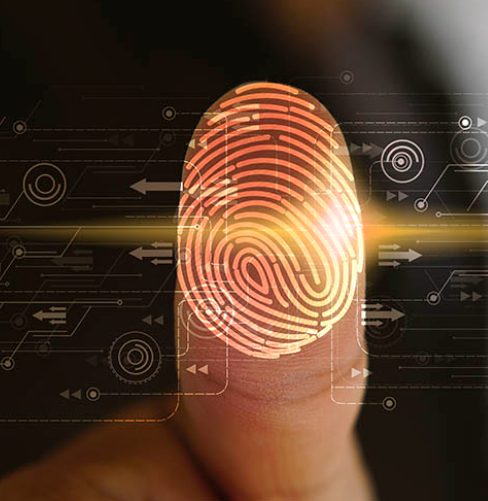Fingerprint background checks are an essential part of the hiring process for many businesses, especially those that require security clearance or are in regulated industries. These checks are often seen as more reliable than traditional name-based background checks because fingerprints are unique to each individual. However, there are a few misconceptions and limitations about what fingerprint checks can reveal, which are important to understand when conducting a thorough background check on a candidate.
Criminal Records: Not Always Complete
Fingerprint background checks typically involve cross-referencing a person’s fingerprints with the FBI’s Integrated Automated Fingerprint Identification System (IAFIS). This system contains over 70 million criminal and civil records, including both arrests and convictions. However, it’s crucial to note that the IAFIS database does not always provide a full picture of a person’s criminal history.
For example, not all states report certain criminal records to the FBI, especially records that involve cases with final dispositions. This means that some incidents, including dismissed cases, might not appear in the fingerprint search. Moreover, IAFIS checks can take several weeks to process, which is much slower compared to name-based background checks that can be completed within a few days. As a result, businesses should consider using additional sources of criminal record information to get a more accurate and timely picture of a candidate’s background.
Employment Records: A Potential Pitfall
While fingerprint checks can reveal important information about criminal history, they don’t provide a complete employment history. Employment-related checks, such as verifying previous job positions and assessing a candidate’s financial stability, are important parts of a thorough background check. A fingerprint search will not show whether a candidate has been involved in financial issues such as debt or bankruptcy, which can be a concern for positions involving money handling or financial responsibility.
Additionally, fingerprint checks may show an arrest record even if charges were dropped or the case was dismissed. This can be particularly troublesome for applicants who were never convicted of a crime, potentially leading to a situation where they’re unfairly passed over for a job.
Insurance and Other Records
In addition to criminal history, fingerprint background checks may include records related to insurance, but this depends on the information entered by local law enforcement and courts into the IAFIS system. While the IAFIS database is extensive, its accuracy depends on the thoroughness of the data submitted. This can sometimes lead to incomplete or misleading information, which could unfairly affect candidates, especially in areas protected by civil rights laws.
For certain jobs, like daycare workers or healthcare professionals, fingerprint background checks are mandatory. These checks ensure that applicants meet the regulatory standards required for these positions, safeguarding vulnerable populations and maintaining trust in certain industries.
Other Records and Limitations
Fingerprint background checks focus primarily on criminal history, including arrests, convictions, and even pending charges. However, they are not exhaustive and may miss some details. For instance, minor offenses or certain acquitted records might not be included in the results.
To get a more comprehensive view of an applicant’s background, fingerprint checks can be paired with other searches, such as name-based database checks, employment history reviews, and insurance records. This multi-faceted approach provides a more holistic view of the candidate and helps to avoid overlooking important information.
Vehicle and State-Specific Records
State laws can also affect how far back a fingerprint background check can look into a person’s history. For example, some states impose limits on how far back criminal records can be accessed, such as restricting felony records to the last seven years or misdemeanor records to five years. Additionally, certain restrictions may apply to how fingerprints can be collected, with some applicants required to visit specific locations for fingerprint scanning.
While most of the U.S. population has access to convenient fingerprinting collection locations, the process can still be time-consuming and vary based on location. For this reason, some employers may choose to use designated FBI channelers, who streamline the process and ensure a smooth experience for candidates.
Conclusion
Fingerprint background checks are a valuable tool in assessing a candidate’s suitability for a job, particularly for roles that require security clearance or involve working with vulnerable individuals. However, it’s important to remember that these checks are not all-encompassing. They provide valuable criminal history information but may not capture every detail or be as timely as name-based checks. To ensure a comprehensive hiring process, employers should complement fingerprint background checks with other verification methods, including employment and financial checks, to get a complete picture of their potential hires.


